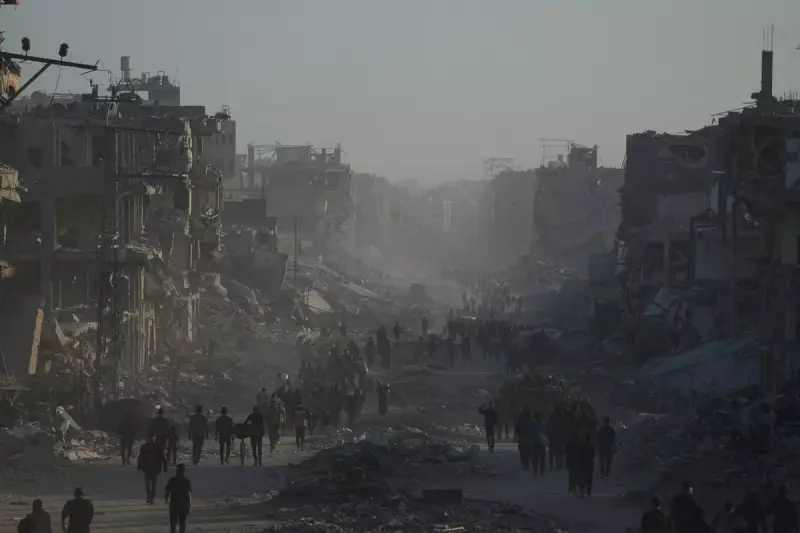
Israeli Prime Minister Benjamin Netanyahu has delivered a defiant message to the United States and international community, declaring that Israeli forces will push into Rafah regardless of whether a temporary ceasefire agreement with Hamas is reached.
In a striking televised address that underscores growing tensions with Washington, Netanyahu stated unequivocally that the operation in Gaza's southernmost city would proceed, telling reporters: "The idea that we will halt the war before achieving all of our goals is out of the question."
Diplomatic Tensions Escalate
The announcement comes at a particularly sensitive moment, with CIA director William Burns actively mediating ceasefire discussions in Cairo. US President Joe Biden's administration has repeatedly warned against a major military operation in Rafah, where approximately 1.4 million displaced Palestinians have sought refuge.
Netanyahu's office reinforced this hardline position, declaring that entering Rafah is essential for dismantling Hamas's remaining battalions and securing the release of hostages still held in Gaza.
Humanitarian Crisis Deepens
The potential assault on Rafah has raised alarm bells across the international humanitarian community. United Nations officials and aid organizations warn that any large-scale military operation could have catastrophic consequences for the civilian population crammed into the area.
Despite mounting pressure, Netanyahu appears determined to press forward with his military objectives, stating that Israel would fight until "complete victory" is achieved and Hamas's military capabilities are permanently neutralised.
Ceasefire Negotiations Continue
Meanwhile, diplomatic efforts continue behind the scenes. Egyptian and Qatari mediators are working to bridge the gap between Israeli and Hamas positions, though Netanyahu's latest statements complicate an already fragile negotiation process.
The Israeli leader's remarks suggest he anticipates the talks might not yield the desired results, prompting his administration to prepare both military and political contingencies.
This hardening stance represents one of the most significant public divergences between Israel and its closest ally in recent memory, setting the stage for a potential confrontation that extends beyond the battlefield into the realm of international diplomacy.





